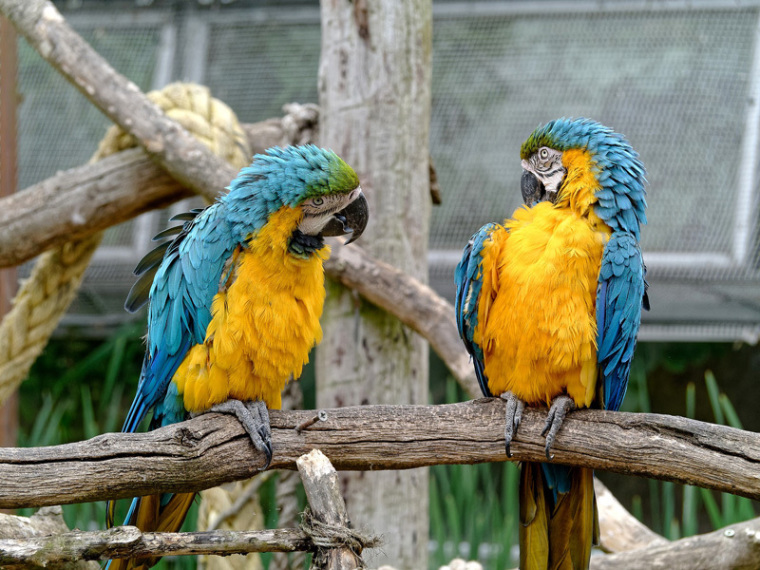
Conversations are complicated things. Sure, when you read that sentence it sounds like I’m lying. You might think ‘conversations are easy, they happen all day every day’… But hear me out; when you unpack what a conversation involves, it’s pretty complex.
The art of conversation
Conversations require thoughts to be communicated, the other person or persons to listen to this, process what has been said, form a response and then state that. In between each of these steps there are split seconds of time. We have an internal programming that tells us when the timing is too short, or too long.
The too short leaves you feeling like you never get a word in, or like the other person might have more to say. The too long might lead to an awkward stop-start situation where both parties talk simultaneously, or perhaps you mistakenly think the conversation has ended and walk away.
Many people are conversational wizards. When you talk to them it feels like things just flow, laughing is easy, adding to the flow of information is easy, your body probably feels relaxed and engaged, eye contact isn’t too intense or sporadic. Easy.
But have you ever been in a conversation with someone who has a different pace than you? Specifically; the pace at which they speak, how long they pause between sentences, and how many split seconds pass before the silence is filled with either another statement or an answer to a question.
Worse even a person who pairs their off-beat conversational pacing with disorganised eye contact? Not easy. So not easy that it’s downright awkward.
Awkward what?
Everyone hates awkward. Awkward pauses, awkward interactions, awkward conversations, and in my opinion, worst of all is an awkward silence. Given what I do for a living, you might find that hard to believe though. I spend 80% of my day interacting with children who, for one reason or another, have delayed communication as part of their overall delay or disability.
Some have few words and communicate with gestures, some are learning words, some communicate through intense behaviours, some use visuals to communicate and some use very cool technology to communicate through a talker application. Communication is often creative in my line of work.
I do a lot of analysing and reading tiny cues and expressions to understand the kids I work with. Much of this takes place in a (often noisy) silence. The noise of play, and development and learning, with not many words. I am not a Speech Pathologist, but I do work with some great speeches, and they have taught me a great deal about the power of an awkward pause.
Letting the pause bring a pause
Much of my day is spent in awkward pauses. Over the last decade I believe that God has used what I do for work each day to teach me about the power of an awkward pause in my relationship with Him.
The conversational pace at which I talk to God has changed. Previously I had never met an awkward silence I couldn’t fill, and for those of us who pray, we know prayer is full of noise-filled-silence most of the time. The sounds of life, and me talking, met with a lot of God working in my heart, in my mind, using my imagination or pointing me to scripture, but a silence of audible words.
Only once in my life this far have I heard an audible voice, I like to think that was Jesus, but I guess I won’t know for sure until I get to see Him.
As I have been learning about the importance of allowing for an awkward pause or silence in what I do at work, I am learning about the importance of allowing for this in my conversations and journey with God too.
In what I do at work, the awkward pause is simply present because it allows the child the time to process in order for them to respond. In my walk with God, it allows me time to process before He responds. I am learning that perhaps I fill the pause because of a lack of faith, or a lack of trust.
Perhaps even a belief that God might not be listening or working in me. But the power of an awkward pause is simple: time, and a breath to process before He moves. Time and a breath before He answers. Time and a breath to remember that no feelings are too messy, no request is too crazy, and no fear too insurmountable.

Jamine Gardner is an Occupational Therapist specialising in paediatric development and disability. Jamine runs a children’s ministry program for children with special needs at church, and is passionate about seeing people walk with Jesus in every stage of their life. Jamine runs a paediatric practice with her best friend, loves going to the beach with her dog, and laughing with the people she loves.